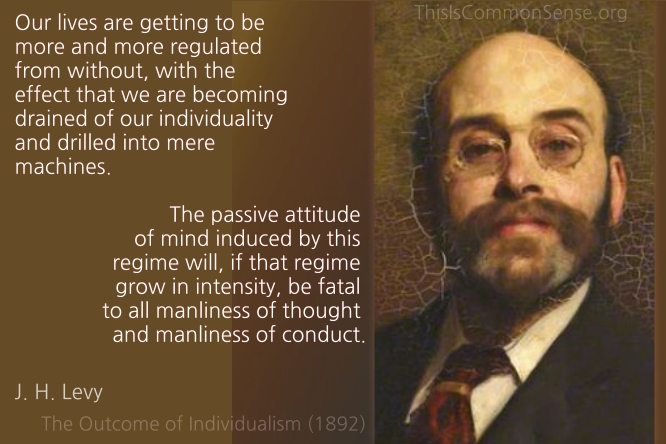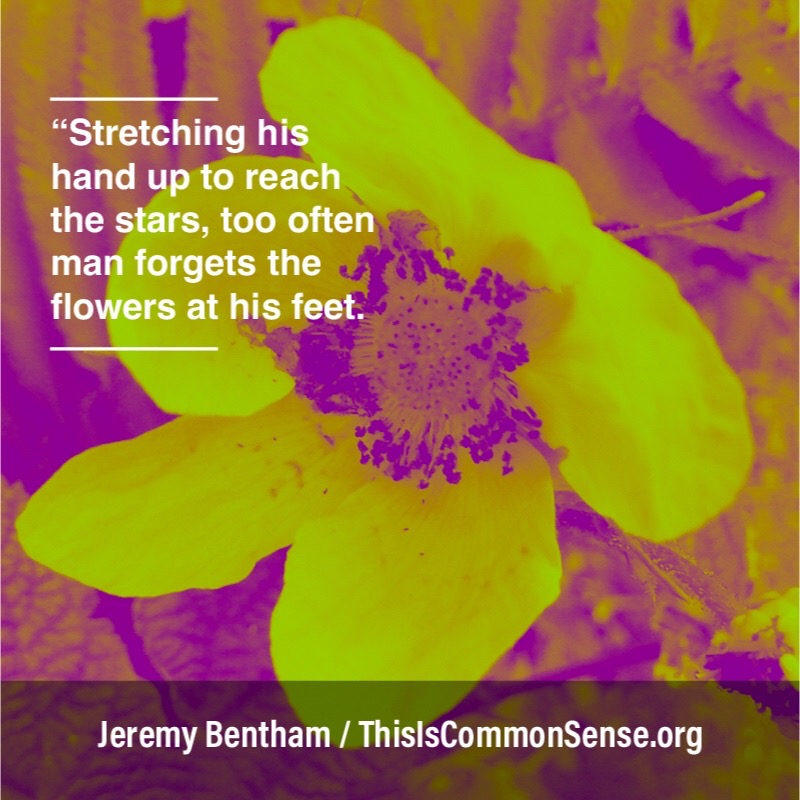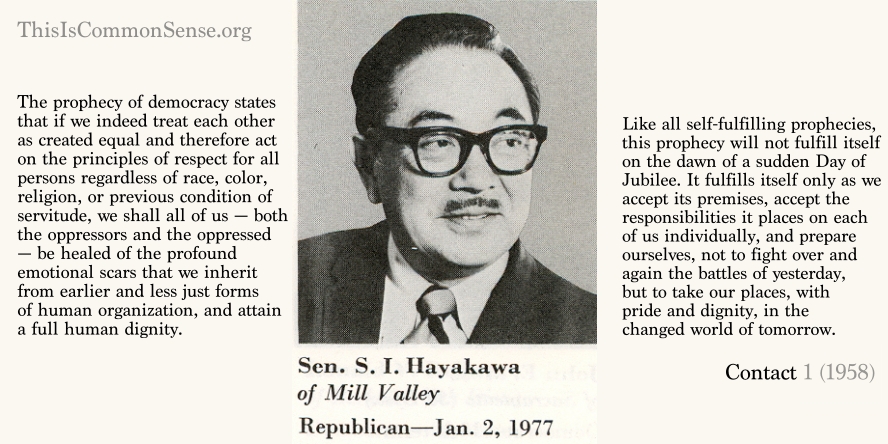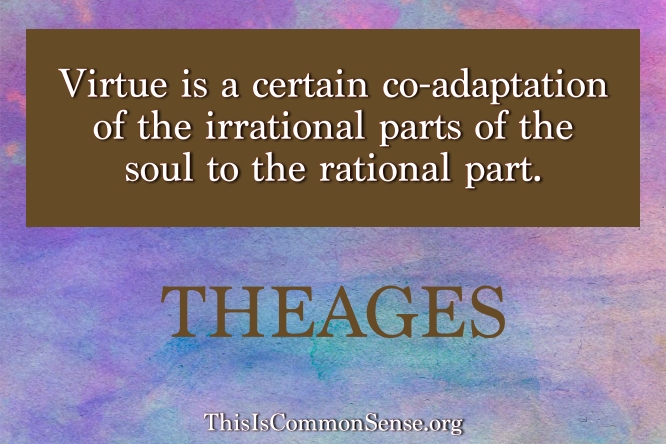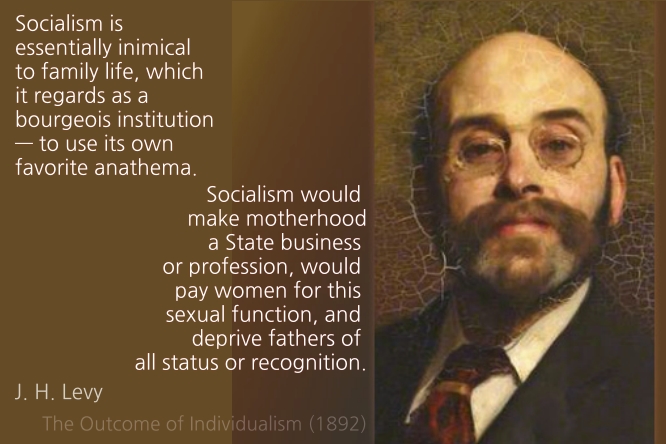Our lives are getting to be more and more regulated from without, with the effect that we are becoming drained of our individuality and drilled into mere machines. The passive attitude of mind induced by this regime will, if that regime grow in intensity, be fatal to all manliness of thought and manliness of conduct. Discrimination, as any competent psychologist will tell you, is the most fundamental of our mental faculties. Our intellectual and moral natures come into play only when we discriminate and decide for ourselves.
Joseph Hiam Levy, The Outcome of Individualism (Third Edition, 1892), Conclusion.
Joseph Hiam Levy
